
Agnes Bain is poor. With a failed marriage leaving her with sole responsibility for Leek, Catherine and their little brother, Shuggie, her situation becomes desperate. She does her best to keep up appearances with her fur coat, red lipstick and dyed hair, but the demon drink has her in its clutches. When Catherine emigrates leaving just Leek and Shuggie at home, the pressure on Shuggie intensifies. He’s complicit in his Mum’s struggle, knowing that a can of Special Brew will stop the shakes or a cola with extra sugar and a vodka shot will help her out of bed in the mornings. There are periods of sobriety, AA meetings, a job in a petrol station and romance. Shuggie revels in the relative calm.
Shuggie has a few problems of his own going on though, as his peers pick on him, the neighbours’ kids call him names, even many of the adults notice he’s a bit different. As he grows up, with Agnes’ health deteriorating, it seems the world is against him.
This is a powerful novel. The portrait of Agnes is tragic, yet compelling. I found myself holding my breath alongside Shuggie, fervently wishing that the better times might last for him and his Mum. This is writing which you admire, for its skill in story-telling, creating wholly credible characters and conveying a strong sense of time and place. No wonder it scooped the 2020 Booker Prize.
There have been several times in my life when I’ve been hard up; had to scrimp on the food shopping, forgo nights out and laid awake worrying about the bills. However, it wasn’t until I went to work for the DHSS in a Scottish city in the late 1980’s that I began to understand the true nature of inner city poverty. I visited claimants at home. In my naivety (I own the fact that I’m a middle class woman from an affluent area), it was a gut-wrenching shock to learn that people lived without what I considered essentials – carpet, curtains, furniture, food, heating, a washing machine. I know that, sadly, this grinding penury continues to be a fact of life across the UK.
I was willing Agnes and Shuggie on towards a better life. But, as I discovered all those years ago in Edinburgh, not everyone is guaranteed a happy ending.
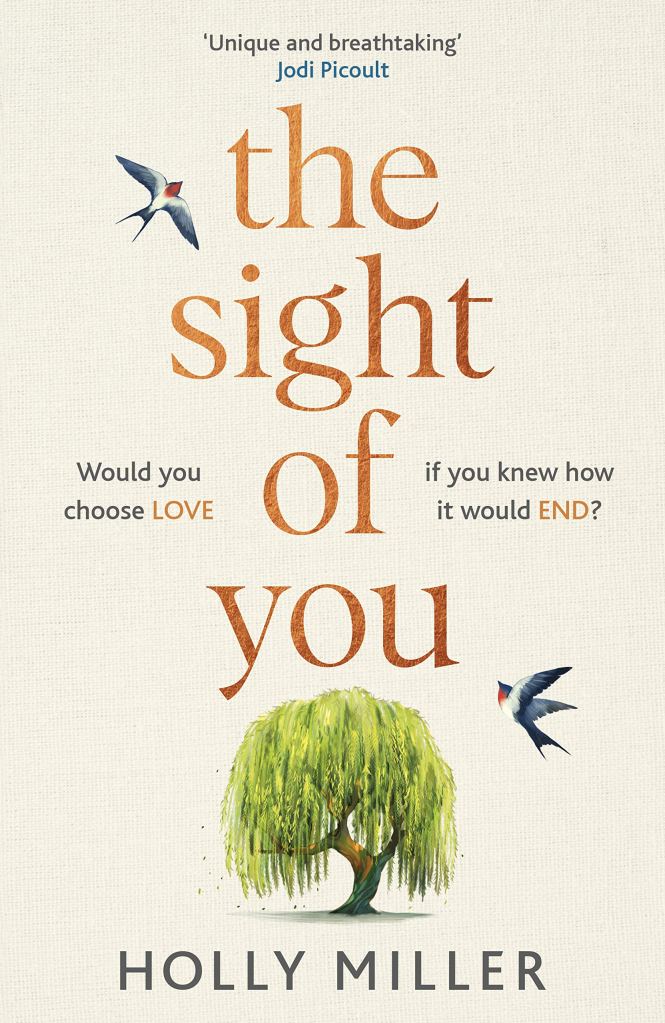
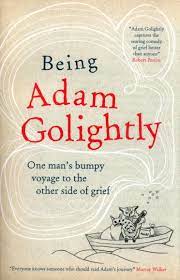
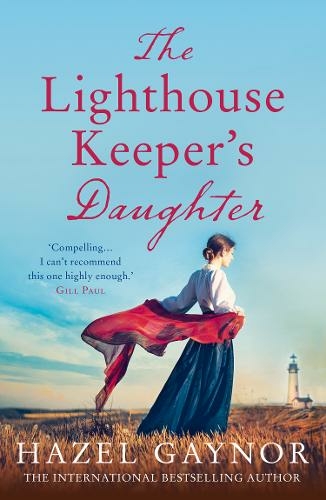
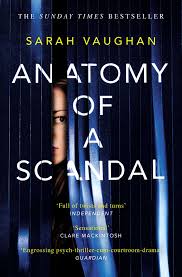
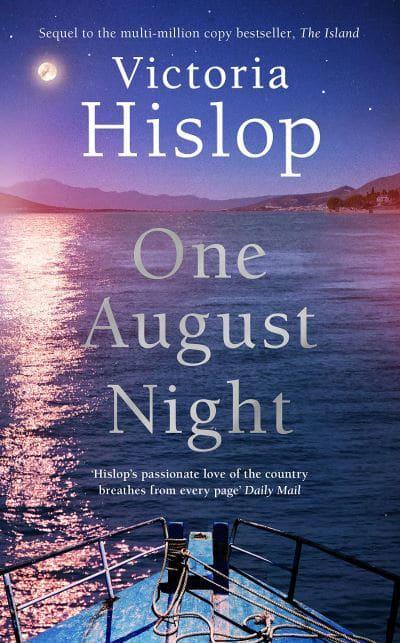
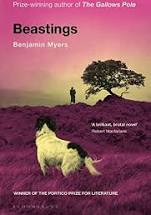
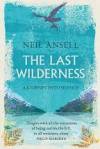


You must be logged in to post a comment.